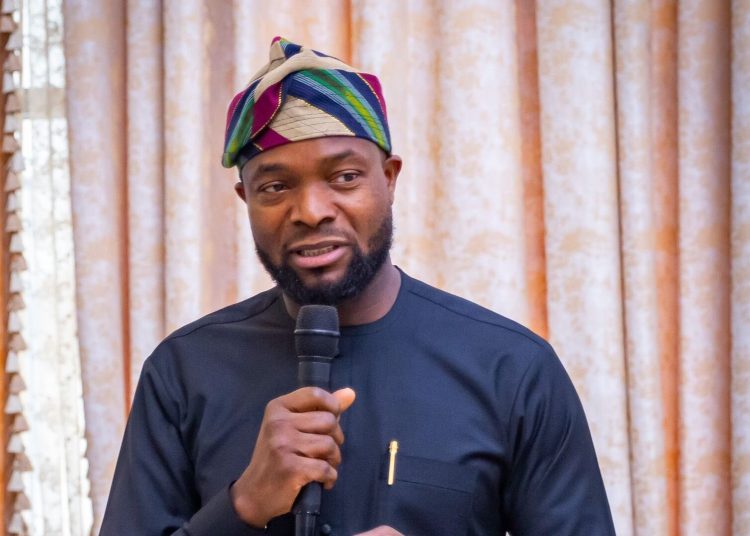The Federal Government has announced plans to invest $2 billion dollars to deploy 90,000 kilometers fibre optic project in the country.
The project is designed to expand Nigeria’s fibre optic cable capacity from 35,000km to 125,000km, to boost terrestrial fibre optic backbone in .
The Minister of Communications, Innovation & Digital Economy, Bosun Tijani, stated this on Monday in Kano on the sidelines of facility tour of the vandalised Digital Innovation Park.
It will be recalled that irate youths vandalised the model park during the nationwide protest in August.
Tijani said the investment would provide meaningful connectivity to communities ensuring that schools, hospitals, government establishments and businesses thrive in a digitally connected environment.
According to him, it will also accelerate growth across critical sectors of the economy including education, health, and agriculture.
“To support this vision, the ministry of Communications, Innovation, and Digital Economy is committed to deepening Nigeria’s digital backbone.
“Through the National Broadband Alliance and in collaboration with Kano State Government, we are simplifying the process for private infrastructure companies to invest in Kano’s digital economy.
“This partnership will facilitate further investment in connectivity, ensuring that key institutions like schools, hospitals and public offices are connected, enabling Kano to become a true digital hub,” he said.
The minister noted that today’s world, technology is the key to unlocking productivity and driving the diversification of Nigeria’s economy.
He said that many countries faced declining populations, stressing that Africa and Nigeria in particular has the advantage of growing a dynamic workforce.
“This is our moment to become a net exporter of technology talent, while also strengthening our own local industries,” he said.
According to Tijani, the Three Million Technical Talent (3MTT) programme is a federal government’s initiative aims to expose three million Nigerians in digital and technical skills.
This, he said, aimed at addressing growing shortage of skilled digital professionals, software developers, data scientists, cybersecurity experts, who would be driving innovation and growth.
He said the Nigeria’s youthful population was uniquely positioned to fill this gap, with over 300 young people from Kano currently benefiting from the programme as the highest number of participants.
“These young people represent the future, not only of Nigeria, but of the global digital workforce”.
On the vandalised facility, the minister said the IHS Towers would provide support towards its refurbishment.
While commending the IHS for their commitment towards rebuilding the park, Tijjani described it as a symbol of Kano and Nigeria’s aspiration to be at the forefront of the global digital economy.
Earlier, Tajudeen Othman, Kano Commissioner for Science and Technology, lauded the federal government and IHS for the gesture.
Othman restated the state government’s ommitment to invest in science and technology.
Kazeem Oladepo, Senior Vice-President and Chief Operating Officer, IHS Towers, assured that the company would soon start work and equiping of the park.








